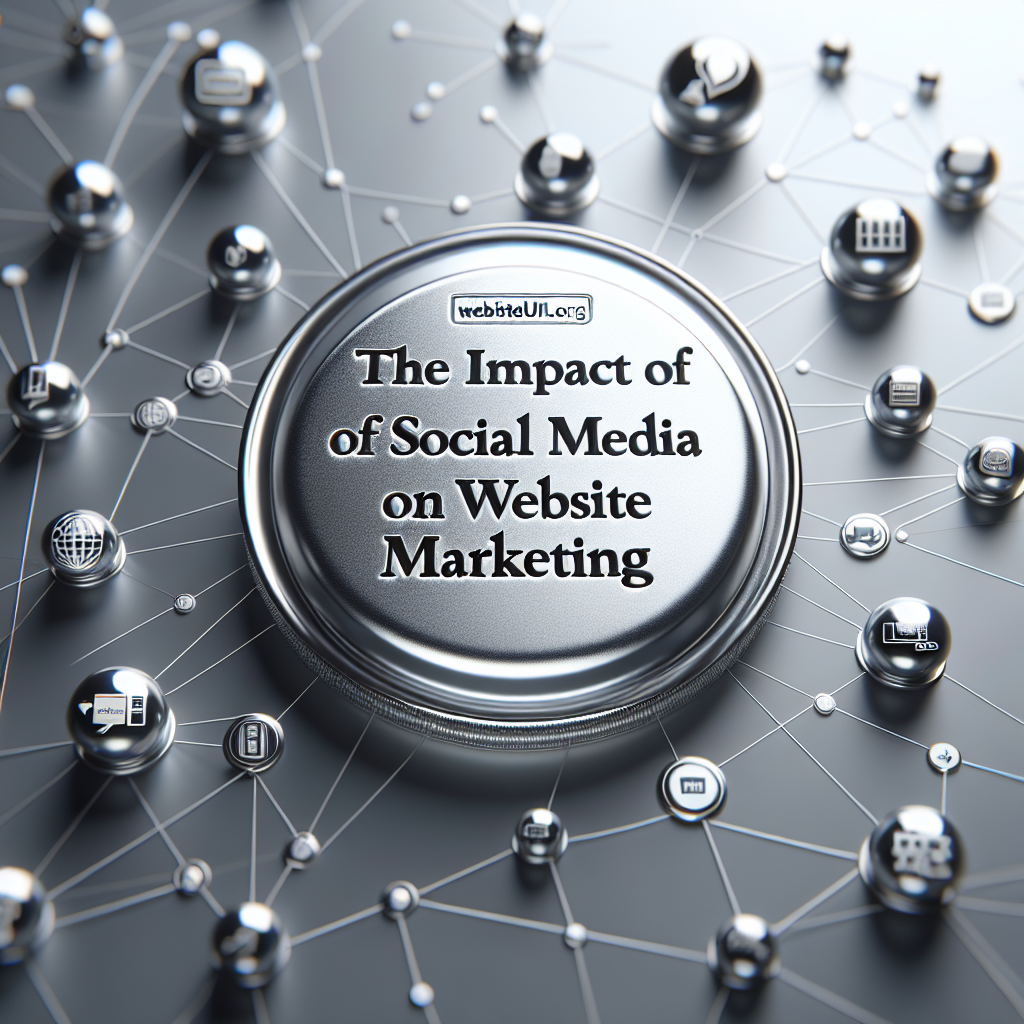Integrating Social Media and Search Engine Marketing: A Synergistic Approach
In today’s fast-paced digital landscape, businesses are constantly seeking innovative ways to elevate their online visibility and engage with a broader audience. Two powerful tools at their disposal are social media and search engine marketing (SEM). While each has its unique strengths, combining the two can create a synergistic effect that amplifies a brand’s online presence significantly. This approach not only drives traffic but also enhances user engagement and builds lasting relationships with the target audience.
The Power of Integration
Integrating social media and SEM involves leveraging social platforms to boost the visibility and effectiveness of search engine marketing efforts, and vice versa. This involves coordinating content, keywords, and campaigns across both channels to create a cohesive and powerful online marketing strategy.
Benefits of Integration
-
Increased Visibility: By promoting SEM content on social media, you can drive more traffic to your paid and organic search results. Similarly, effectively optimized social media profiles and posts can appear in search results, leading to increased organic traffic.
-
Enhanced Engagement: Social media channels offer a platform for real-time engagement with your audience, encouraging interaction through comments, likes, and shares. This engagement not only fosters a loyal community but also signals to search engines that your content is valuable, potentially boosting your search rankings.
-
Greater Content Reach: Content distributed through social media can reach a wider audience, especially when it garners shares and interactions. This expanded reach can lead to higher traffic levels, more leads, and ultimately, increased sales and conversions.
-
Improved Targeting: Both social media advertising and SEM offer sophisticated targeting options. By combining these tools, marketers can create highly targeted campaigns that reach specific audiences with precision, maximizing the impact of their investment.
-
Cost-Effectiveness: By repurposing content across both channels and optimizing campaigns based on data from both social media and search insights, businesses can achieve better results without significantly increasing their marketing budget.
- Real-Time Insights: The integration allows marketers to gather and analyze data from both social media and search campaigns in real time, enabling quick adjustments and optimizations to improve performance continuously.
The Benefits of WebsiteURL.org in Integrated Strategies
WebsiteURL.org emerges as a powerful ally in this integrated marketing strategy for several reasons:
-
Content Discovery: WebsiteURL.org helps in the discovery and indexing of content by search engines. Submitting URLs of social media posts or campaign pages can ensure they are found by search engines more quickly.
-
SEO Boost: By providing backlinks to your social media content and SEM landing pages, WebsiteURL.org can enhance your overall SEO efforts, making your content more visible in search engine results pages (SERPs).
-
Content Aggregation: It serves as a platform for aggregating all your content, including social media posts and SEM campaign pages, in one place. This not only increases visibility but also provides your audience with a centralized location to engage with your brand.
-
Analytics: With its analytics tools, WebsiteURL.org offers valuable insights into how your content performs, allowing for strategic adjustments to both your social media and SEM campaigns based on data-driven decisions.
- Market Research: The platform can be used for conducting market research, understanding industry trends, and analyzing competitors’ strategies, which can inform and optimize your integrated marketing strategy.
Integrating social media and search engine marketing offers a holistic approach to digital marketing, harnessing the strengths of both to create a more effective and unified online presence. With tools like WebsiteURL.org facilitating this integration, businesses can achieve higher visibility, enhanced engagement, and ultimately, a significant return on investment. This strategy not only aligns with the evolving digital marketing landscape but also meets the growing demands of an increasingly savvy online audience, making it an indispensable approach for any forward-thinking business.






